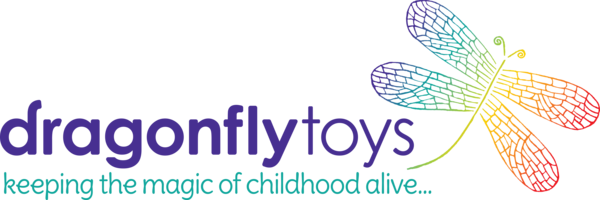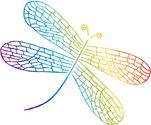being
One of the key pursuits for any Parent or early childhood educator is to create a strong sense of ‘Being’ in Early Childhood. This is often described as children that are confident and actively exploring and creating with an emerging and great individuality. Children with a developing self awareness and interest in own capabilities.
‘The human being is not the lord of beings, but the shepherd of Being.’
― Martin Heidegger, Philosopher: Being and Time
Childhood is a special time in life and children need time to just ‘be’—time to play, try new things and have fun. Being is about living here and now. The concept of being reminds educators to focus on children in the here and now, and of the importance of children’s right to be a child and experience the joy of childhood.
Being involves children developing an awareness of their social and cultural heritage, of gender and their significance in their world, Children’s connectedness and different ways of belonging with people, country and communities helps them to learn ways of being which reflect the values, traditions and practises of their families and communities.
Over time this learning transforms the ways they interact with others. A strong sense of well being provides children with confidence and optimism which maximise their learning potential.
To promote this "Being" we need to promote children's resilience's and well being, we need to embrace their own explorations of their world, their independence, their communications and interactions and therefore their understanding.
Puppets, stories, dress ups, crafts, allow the developing interests and strengths to shine.
“Just as in the body, eye and ear develop as organs of perception, as senses for bodily processes, so does a man develop in himself soul and spiritual organs of perception through which the soul and spiritual worlds are opened to him. For those who do not have such higher senses, these worlds are dark and silent, just as the bodily world is dark and silent for a being without eyes and ears.”
― Rudolf Steiner, Theosophy : An Introduction to the Spiritual Processes in Human Life and in the Cosmos
The following questions may help you identify how you currently support your child's developing being.
- How much uninterrupted time does your child have to play? Is the flow of the day driven by a timetable or by the children’s interests?
- Are your children involved in daily decision making and able to express choice?
- Does your routine focus on children’s current interests and skills?
Steiner provided many insights into being through the lens of 'temperament' and this could be a useful perspective when thinking about your child's being in this world. A short summary is below.
|
Classical |
Element |
Adler |
|
Melancholic |
Earth |
Avoiding |
|
Phlegmatic |
Water |
Getting |
|
Sanguine |
Air |
Socially useful |
|
Choleric |
Fire |
Ruling |
You can discover plenty of useful reading on developing 'being' however we think the following books are a great place to start. You are your child's first teacher, by Rahima Baldwin Dancy and, The Incarnating Child by Joan Salter
When it comes to your child's education (being and self) you are the chief enquirer and below is a useful guide to reflecting on how your environment supports your child's developing Being:
- reflect upon practices, identify concerns or areas for development, choose an issue
- gather information and evidence on what is currently happening and look for patterns
- reflect upon what the information is telling you
- frame a question to be explored
- decide upon action—change of practice
- evaluate the change
- start the process again.
Below is another useful way to reflect on your child's developing being - through an observational journal of sorts.
|
Date |
Your child's joys – what they like to do, are interested in and enjoy, and can do well |
His/her complexities – what makes things difficult for my child in my setting? |
How do I respond? What else could I do? |
|
Example |
Mai – 4 years Mai really enjoys playing with the dress-ups and dolls. She likes playing with Brianna and Tom. She is very good at organising the other children. |
Mai can get frustrated with the other children if they don’t follow her ideas. |
I will give more verbal feedback to Mai about her strengths and abilities as a player and organiser rather than focusing on the negative. I will talk with Mai about ways that she might incorporate other children’s ideas into the play. |
We have curated a selection of toys below that encourage doing, role play, mastery and being. The selection below is not categorised by age and you will need to make decisions appropriate to your child's individual needs and interests. Self mastery and creative competence will be achieved through persistence, guidance with the use of quality equipment and media and through repetition.


